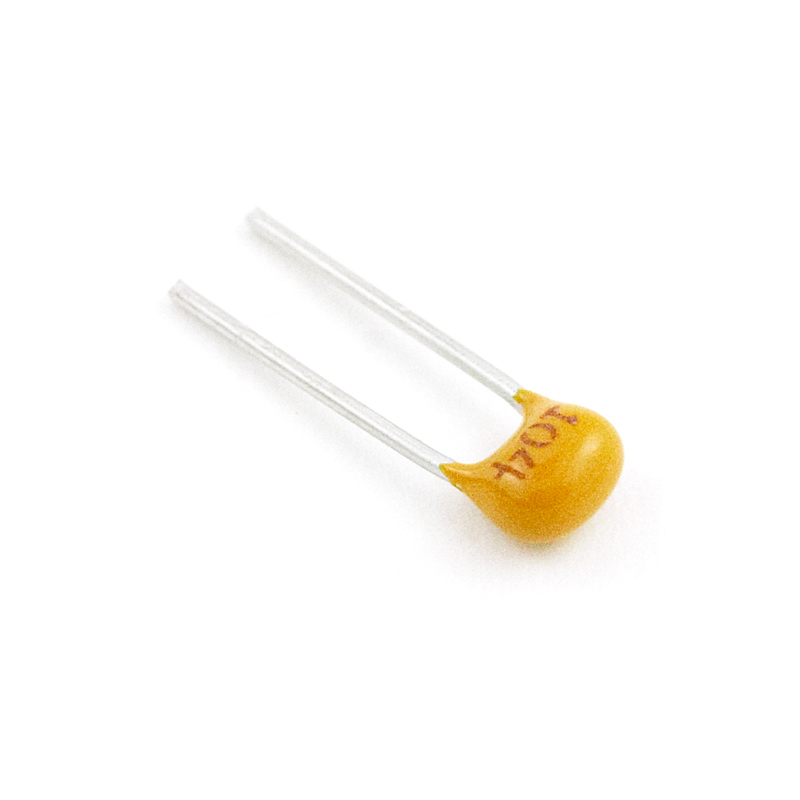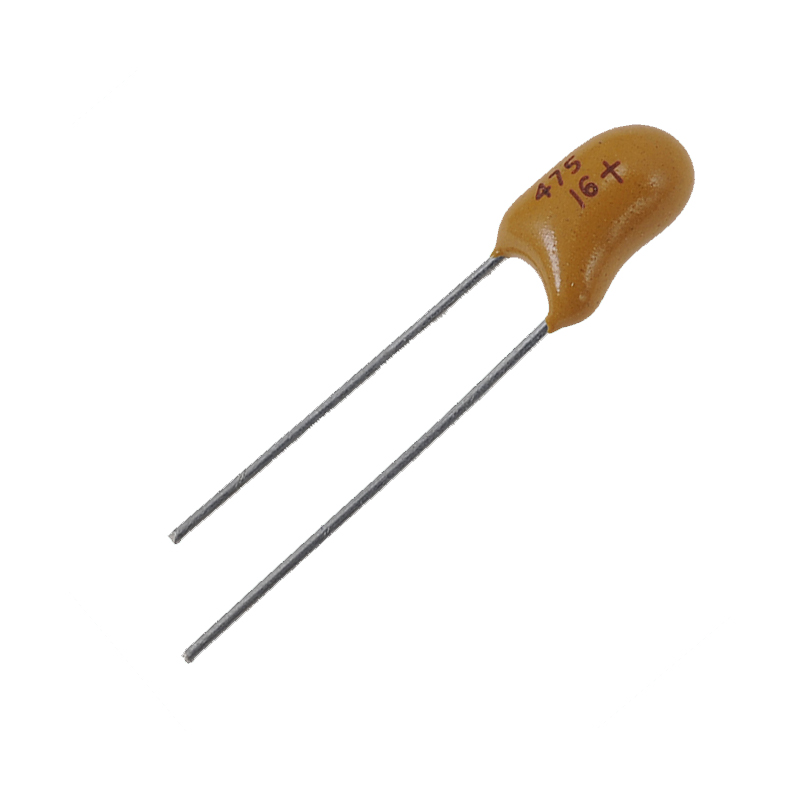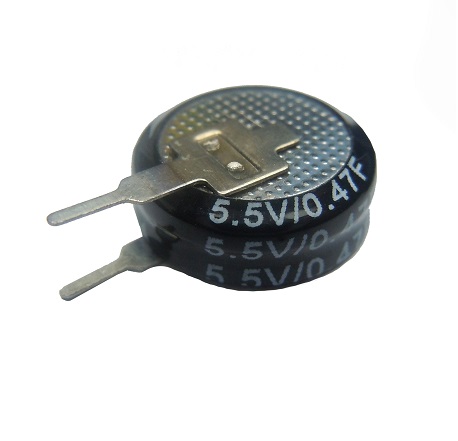With the end of the year approaching, semiconductor manufacturers' demand for silicon material decreases. It is expected at fourth quarter of 2013 shipment of silicon used for manufacturing chip will be 2.47 million square inches , compared with the third quarter of 2.54 million square inches slightly. While the second quarter compared to the first quarter rose to 2.12 million square inches 2,430,000 square inches .Silicon material shipments near the end of the year there will be regular decline, resulting in shipments this year but there are reasons for the decline wrong forecast and semiconductor markets continued economic uncertainty. Silicon chip manufacturers and buyers are caught in the current stalemate. For silicon vendors, more than half of the silicon material production to customer demand . At the same time , because the chip buyers overestimated consumer demand, a backlog of unused portion of a semiconductor inventory. Therefore, the buyer does not intend to buy more silicon material .Continuing economic uncertainty also had a negative impact , resulting in the production of silicon material manufacturers reluctant to spend , unless they get a stable order. The buyer is the retail market at the end of the performance on the sideline , leading chip manufacturers orders slowed.Overall, the fourth quarter is expected silicon material orders will not increase, and will appear in the third quarter fell . IHS forecasts until 2014 will not be an increase in the occurrence . Nevertheless, the 2013 silicon shipments will grow by 3.5 % compared to 0.8% last year, a slight increase is much better.12-inch wafer manufacturing, especially wireless applications for 12-inch wafer strong demand . Since mobile phones and ultra-thin PC shipments growing for the DRAM and flash memory demand will continue to increase . In contrast , 8- inch and 6 -inch wafer demand will continue to be 12-inch wafer transition effects .About 8-inch wafer fabrication is estimated that from 2012 to 2017 , representing a CAGR of only that portion of 2.3%. 6-inch wafer manufacturing outlook is more bleak , the compound annual growth rate of -2.4 % . In addition to 12 inches , the firm is also committed to the development of more advanced lithography techniques, such as 18 inches or 450 nm wafers. Able to successfully complete the transition so that those vendors will be able to aggregate demand and have sufficient capacity to promote the transition to chip manufacturers . Such as Taiwan Semiconductor Manufacturing Co. , which is the world's largest chip maker, and will be promoting the 18 -inch wafer manufacturing backbone.
 EC4
EC4 ET1 Dipped CA42
ET1 Dipped CA42 Coin Type
Coin Type